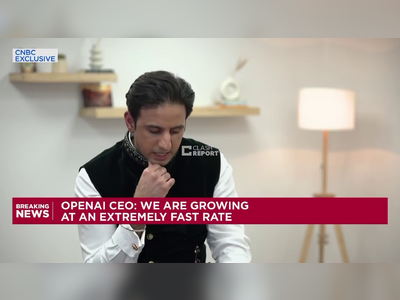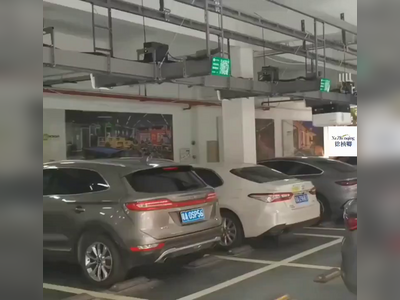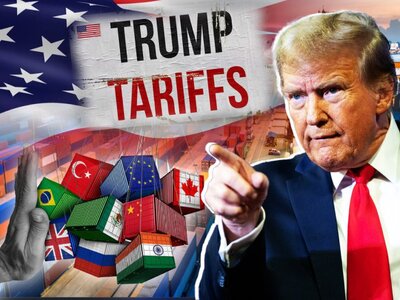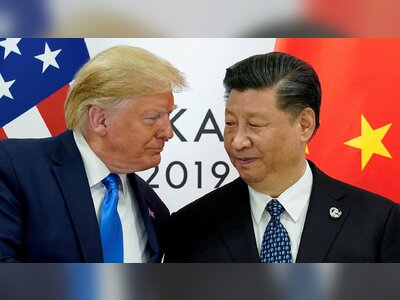Vietnam's Rice Exports to China Decline Sharply
Vietnam has seen a seventy-two percent drop in rice exports to China from January to September this year compared to the same period in 2023, falling to two hundred forty-one thousand metric tons. Despite China's high demand for rice, Vietnamese exports have decreased significantly, with most exports being directed to other ASEAN countries. The decline comes amid increased competition and unchanged import quotas, contradicting earlier forecasts that anticipated a rise in exports following China's new food security law.
Vietnam has experienced a significant decline in rice exports to China, with volumes falling by seventy-two percent from January to September in comparison to the same period in 2023.
This year's exports amounted to only two hundred forty-one thousand metric tons, whereas previously, exports exceeded one million metric tons monthly according to data from the Ministry of Agriculture and Rural Development.
This situation mirrors 2019, when exports also fell sharply.
Although China has a substantial demand for rice due to daily consumption habits, Vietnamese exports have decreased.
The peak period this year was in March and April, with over one million metric tons exported each month.
Despite exporting seven million metric tons in total this year, seventy percent was sent to other ASEAN countries, while China's import quota remains unchanged at five point three two million metric tons per year since 2023.
Historically, Vietnam's rice exports to China hit a record in 2017 at one billion dollars but dropped to two hundred forty million dollars in 2019.
According to Nguyễn Chánh, a rice milling and exporting company owner, China is importing only specific varieties such as Vietnam's 504 rice for industrial purposes.
Current challenges include limited export permissions with only ten percent of enterprises authorized to export rice to China.
Firms face strong competition from China and Thailand.
Initial forecasts after China's food security law implementation expected increased exports, but the reality has diverged.
This year's exports amounted to only two hundred forty-one thousand metric tons, whereas previously, exports exceeded one million metric tons monthly according to data from the Ministry of Agriculture and Rural Development.
This situation mirrors 2019, when exports also fell sharply.
Although China has a substantial demand for rice due to daily consumption habits, Vietnamese exports have decreased.
The peak period this year was in March and April, with over one million metric tons exported each month.
Despite exporting seven million metric tons in total this year, seventy percent was sent to other ASEAN countries, while China's import quota remains unchanged at five point three two million metric tons per year since 2023.
Historically, Vietnam's rice exports to China hit a record in 2017 at one billion dollars but dropped to two hundred forty million dollars in 2019.
According to Nguyễn Chánh, a rice milling and exporting company owner, China is importing only specific varieties such as Vietnam's 504 rice for industrial purposes.
Current challenges include limited export permissions with only ten percent of enterprises authorized to export rice to China.
Firms face strong competition from China and Thailand.
Initial forecasts after China's food security law implementation expected increased exports, but the reality has diverged.











